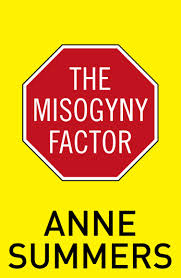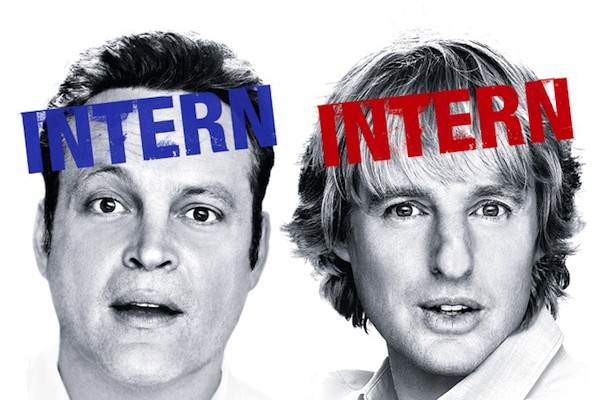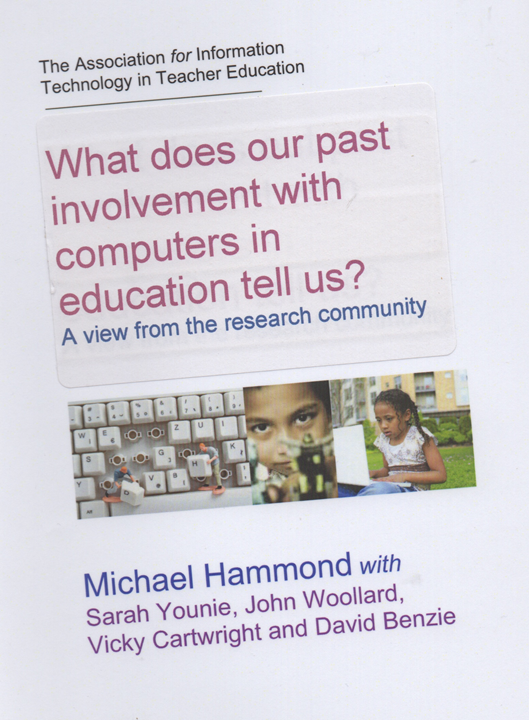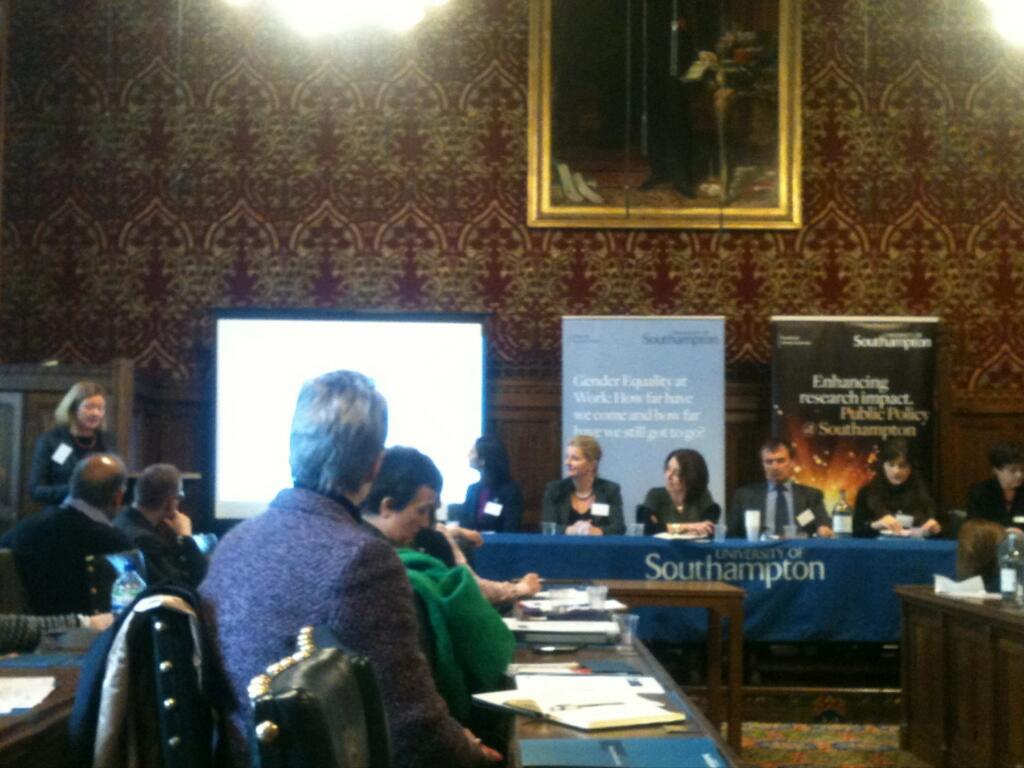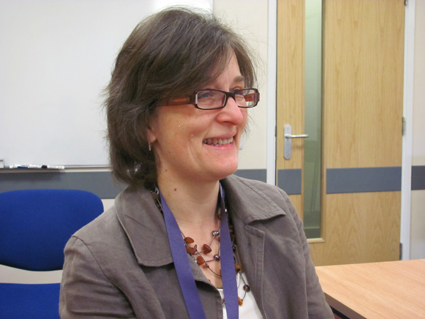This month’s post is a review of Anne Summers’ TheMisogyny Factor by WFRC director Professor Catherine Pope
The directors of the Work Futures Research Centre like the idea of work-life balance even if the demands of our working lives sometimes seem to get in the way. One of the ways I try to inject some ‘balance’ into my life is through taking holidays when I spend time reading things that are not directly related to my research work – often fiction, but not always. If I venture abroad I try to pick up a book connected to the place I am visiting and this has been a great way of discovering new things – ranging from poetry to ancient history.
This year I was lucky enough to follow an academic visit to see colleagues at University of New South Wales involved in a project about organisational performance and accreditation with a trip to Australia. I was there just ahead of the general election so the news was full of electioneering and amongst this lots of discussion about Kevin Rudd the then Labour prime minister and his predecessor Julia Gillard.
The YouTube video of Julia Gillard’s misogyny speech of 2012 had already gone viral at this point, and this was followed by some UK media notably a self-penned piece after the election (in which Labor lost) in the Guardian on ‘power, purpose and Labor’s future’. Sydney Opera House hosted a discussion between feminist writer Anne Summers and Gillard which had picked up on some of the themes of sexism and leadership that Gillard had debated in speeches and writing – and these are revisited in Summer’s book ‘The Misogyny Factor (2013) which I bought for my holiday reading.
If we in the UK are disheartened about lack of progress on workplace equality agendas then this book suggests that our sisters in Australia have even more to complain about. Summers describes how, despite pioneering workplace reforms (Australia was the first to introduce the 8 hour day) and human rights (one of the first places to grant women the vote was South Australia in 1894), Australia lags behind in supporting working women. Australian women have lower participation in work than many other OECD countries and the gap between lifetime earnings of men and women is a shocking AUS $1 million. The Misogyny Factor is not a lighthearted read – Summers documents the political and legislative history of the struggle for gender equality in and outside work, and devotes a chapter to a fairly harrowing account of the way that Julia Gillard was taunted, attacked and vilified because of her gender in politics’ ‘top job’. Thankfully the book concludes with a chapter called ‘Destroying the Joint’. The title comes from a phrase which entered the Twitter lexicon when another feminist writer, Jane Caro, decided to take on the misogynists when radio presenter Alan Jones said ”Women are destroying the joint – Christine Nixon in Melbourne, Clover Moore here. Honestly.” Caro responded with her now famous tweet, “Got time on my hands tonight so thought I’d spend it coming up with new ways of ”destroying the joint” being a woman & all. Ideas welcome.” This ignited a social media debate about misogyny – in Australian politics, in the workplace and in the street which alongside other projects like #everydaysexism has become a global conversation about gender inequality. We are hoping to add to this conversation with our Policy Briefing on ‘Gender Equality at Work : where are we now and how far have we still to go?’ which will be out soon.
